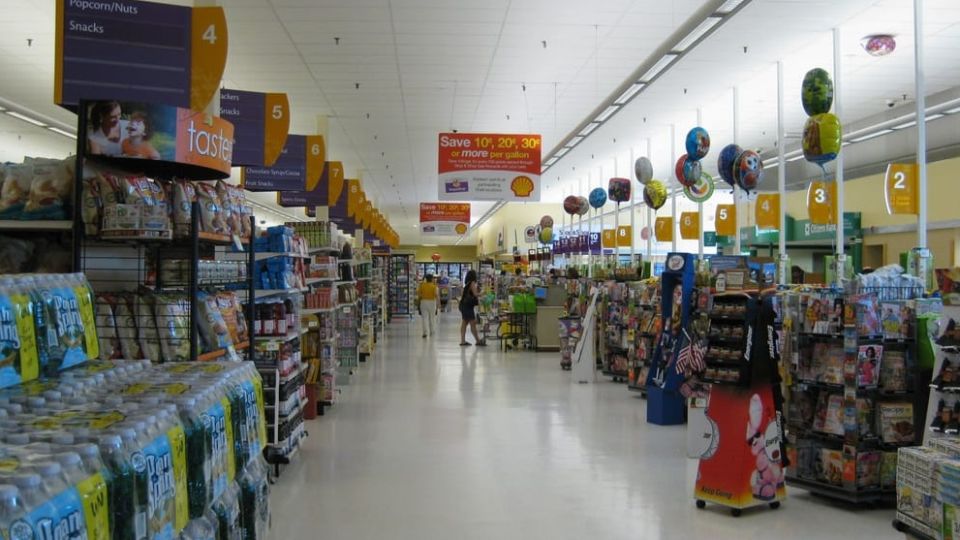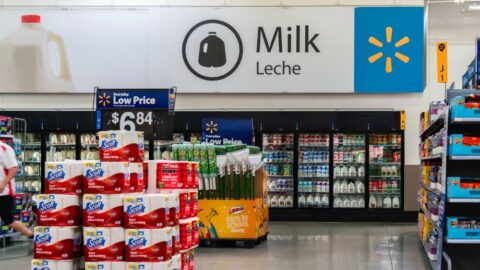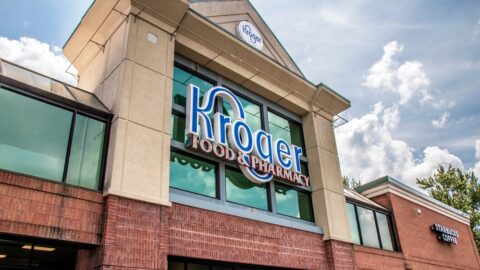As the coronavirus (COVID-19) outbreak affects the daily habits of shoppers worldwide and potentially endangers the health of the population’s most vulnerable, select retailers selling food are making an effort to cater to their shopping needs and create safe shopping environments. Dollar General and Stop & Shop are major U.S. retailers that are taking steps to reserve time each day so that seniors have an easier time shopping in their stores.
Amid “panic buying,” with shoppers stocking up on products like soap, hand sanitizer and even toilet paper, Dollar General is dedicating the first hour of store operation exclusively to senior shoppers and those “most susceptible” to the virus. Stop and Shop is restricting its stores to customers who are age 60 and above from 6 a.m. to 7:30 a.m.
These efforts could help these shoppers in various ways, by minimizing the contact they have with others carrying the virus, providing them to access with recently cleaned stores and offering more fully replenished shelves.
Australian grocers Woolworths and Coles also have implemented similar policies across their supermarket chains, extending their store hours and including those with disabilities.
Aside from national chains, many regional supermarkets such as DeCicco & Sons in New York, Zannoto’s Family Markets in San Jose, Calif. and Vista Supermarkets in El Paso, Texas are extending their hours as well. Laura Strange, Senior VP of Communications and External Affairs at National Grocers Association (NGA), lauded the efforts of local and independent grocers to accommodate these shoppers.
“This is an emerging trend we’re seeing among grocers,” said Strange in commentary provided to Retail TouchPoints. “Given the close ties independent grocers have with their communities, they are making adjustments in their operations to best meet the needs of their customers at this time. Supermarket associates are on the front lines and are working around the clock to respond to the needs of their neighbors and quickly get basic necessities into local communities.”
H-E-B Encourages Curbside Pickup While DICK’S Deploys Curbside For First Time
Not all grocers feel the same way about the safety measures taking place: H-E-B decided not to implement senior hours after speaking with health officials, but is instead encouraging online orders and curbside pickup.
“Our leadership team studied this option thoroughly and due to recommendations from health officials we have determined this is not the best and safest option for our customers,” the company said in a statement to CNN Business. “H-E-B takes care of Texas and we feel asking a group to congregate at our stores in a certain timeframe is not a safe idea.”
DICK’S Sporting Goods is implementing Curbside Contactless Pickup for the first time beginning on March 18 for those who don’t wish to enter the store. Shoppers can call the store and select “0” to speak with an employee and share their order details before an employee delivers the order to the customer’s vehicle.
Regardless of the steps taken, a number of major retailers have shown that there are additional ways to combat the spread of COVID-19 that go beyond typical retail services. Walmart, Target, CVS and Walgreens are implementing drive-thru coronavirus testing centers in the parking lots of select stores throughout the U.S., and Alibaba founder Jack Ma has pledged to assist U.S. health care workers by sourcing and donating 500,000 COVID-19 testing kits and 1 million protective masks.













